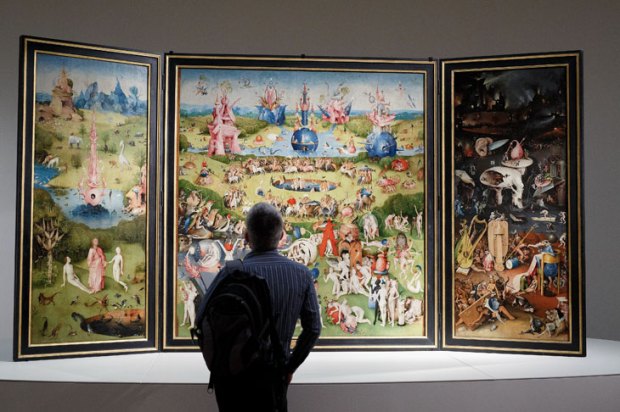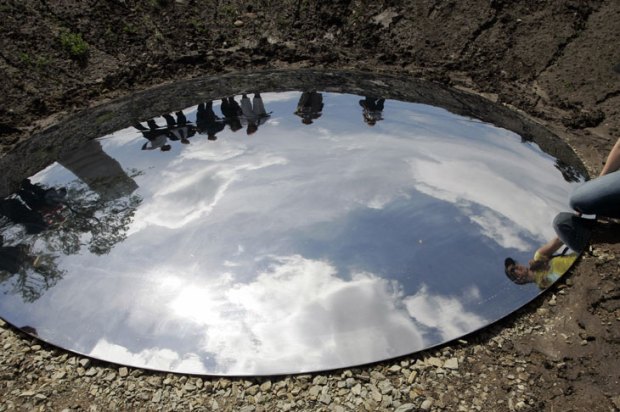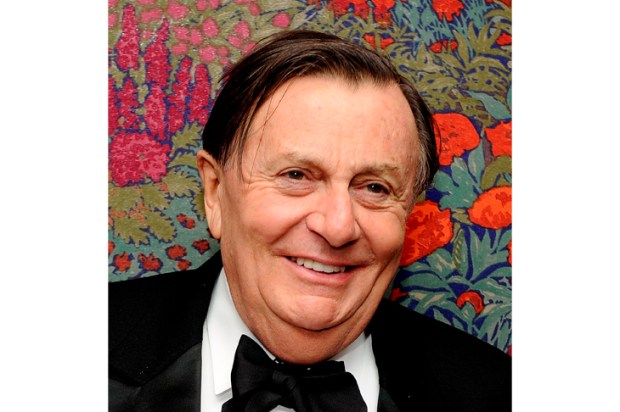I have always firmly believed that the role of a university is to foster scholarly pursuits. To those who have long since left university, this might well seem obvious. However, for freethinking students on campus, this idealistic view of tertiary education is becoming evermore anachronistic.
I was invited to an event on Facebook earlier this week by the University of Queensland Women’s Collective, an organization affiliated with the University of Queensland Union, which promoted a ‘bake sale’. How controversial could a lamington possibly be? I read on to discover that this was in fact a ‘Gender Pay Gap Bake Sale’. Oh dear. Dependent upon your faculty, gender, ethnicity and sexual orientation, a cupcake will cost the proportion of a dollar that you stand to earn comparative to men. For example, a woman in the economics faculty will be charged 71 cents (with a 7 cent discount should she be disabled). For men, you stand to pay a dollar a piece. Apart from the fact that charging someone for any product based on the number of X chromosomes that person has and the pigmentation of their skin is an objectively terrible idea, it is also fundamentally self-defeating. If you wish to express a grievance over the issue of gender-based wage disparity, don’t create a vindictive attitude towards a particular gender. More than that, masquerading as though direct and indirect discrimination by men is the only cause of the gender pay gap is simply wrong.
Another recent trend in universities, born on the naivety of identity politics, is the establishment of so-called ‘safe spaces’. It’s common to see girls loitering around the main thoroughfares of the uni, holding posters which declare that they support women’s rooms because ‘women deserve a place to feel safe.’ To a passer-by on their way to a lecture, this appears to be a perfectly harmless thing to say. The first thing to note is that if you accept her logic, then you are accepting that men are necessarily creating an ‘unsafe’ environment for women in universities. I find it hard to believe that a large proportion of tertiary educated males seek to actively humiliate and subjugate women on a daily basis. However, even if you did believe that all men are seeking to turn the university into a masculine hellscape, then you’re still making the assumption that a female student is incapable of standing up for herself; that she can only exist and be content within an artificially created bubble surrounded by ideas which she finds comforting. ‘Nobody may compel me to be happy in his own way,’ declared Kant. ‘Paternalism is the greatest despotism imaginable.’ We could do much worse than to remember that true feminism is as much the responsibility of men as it is women.
This attitude of resentment towards cis white conservative males within universities is not uncommon. Rather it’s becoming institutionalised. I have had the pleasure of studying an Arts degree, something that has, sadly, become undervalued today. Political science tutorials were always my favourite. I remember one tutor asked our cohort to tell everyone in the room who our favourite leader was and why. I said George Bush, a leader for whom I have genuine respect and admiration. The room fell silent. Students began snickering (they wore ‘Whitlam Club’ tee shirts) and the tutor looked utterly distraught. Another student lent across her desk and told me that I only think that because I am a conservative white male, who does not belong to any specific demographic minority. All true, but it doesn’t mean that I couldn’t have had the same favourite leader were I an indigenous lesbian. I quickly discovered that taciturnity was the key to surviving political science tutorials.
I became a part of the most marginalised group of students at University: the conservative white males. I was told that great thinkers such as Mill and Hayek were both wrong by virtue of their gender, the colour of their skin, and the times in which they lived. It’s sad. The central paradox is that if you asked a stranger on the street what they thought should be the most fruitful environment for the competition of political and social ideas, many would say an Arts school of a University.
History has taught us that limiting freedom of genuine political speech leads us by a dark, despotic path into a place where our consciousness as free moral agents is subject to an abstract plan of a perfect world. A place where the disease of political correctness destroys enlightened thought, and limits the free exchange of competing ideas. Indeed, it’s the responsibility of any institution to avoid the trap of utopianism; the wicked thought that some arbitrarily selected set of principles can be used to forge people’s beliefs. To treat people so is to deny their existence as self-determined, rational beings. There is not a more evil thought than that which assumes that individuals are a means to an end, not an end in themselves. A university can do no greater harm than to allow a student to feel that his opinion is illegitimate because it is different. The freedom of an individual to express an opinion that others find offensive or upsetting is the essence of a liberal society. We ought to be slow to accept any rule which assumes that an institution has a more pure grasp on what is morally right than the individual in their own autonomy. This is the dystopia that George Orwell foresaw some 70 years ago. Indeed, the greatest fear any university ought to have is that a student with an idea, irrespective of the merits of that idea, is too afraid to express it among peers for fear of reprisal. I certainly won’t be telling the ladies of the UQ Bake Sale what I really think anytime soon.
Got something to add? Join the discussion and comment below.
Get 10 issues for just $10
Subscribe to The Spectator Australia today for the next 10 magazine issues, plus full online access, for just $10.
Simon Henry is an Arts student at the University of Queensland
You might disagree with half of it, but you’ll enjoy reading all of it. Try your first month for free, then just $2 a week for the remainder of your first year.













Comments
Don't miss out
Join the conversation with other Spectator Australia readers. Subscribe to leave a comment.
SUBSCRIBEAlready a subscriber? Log in